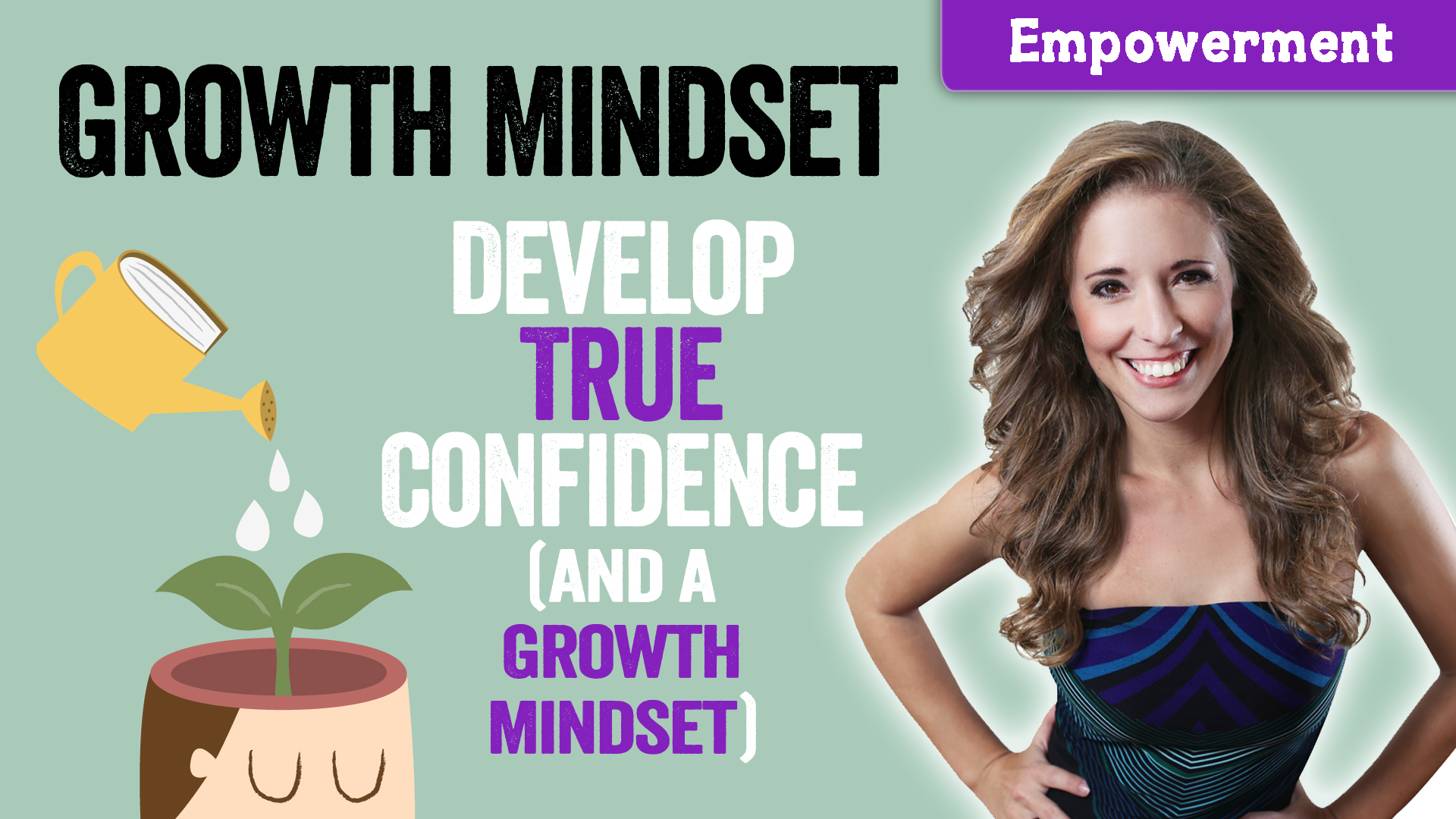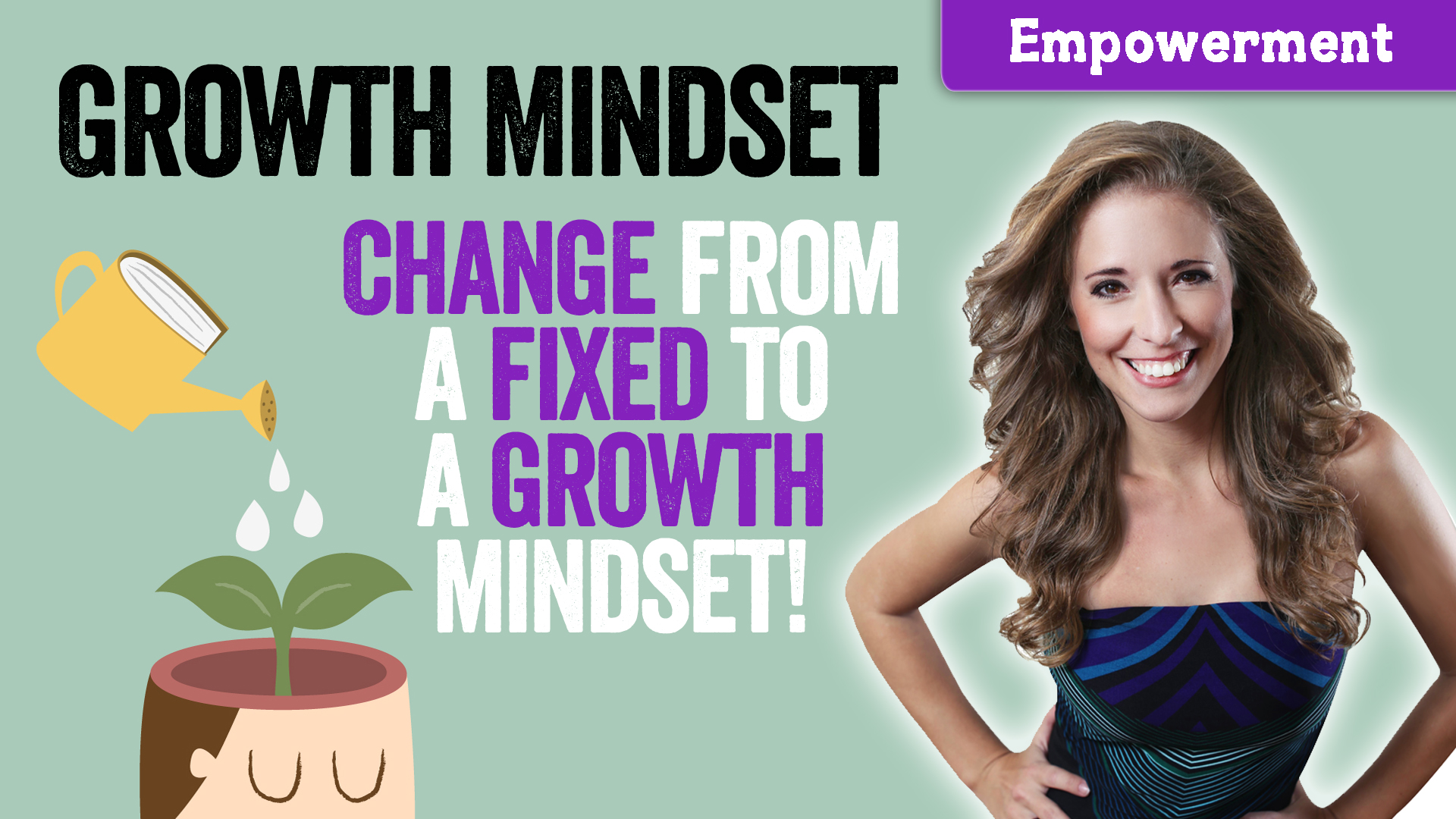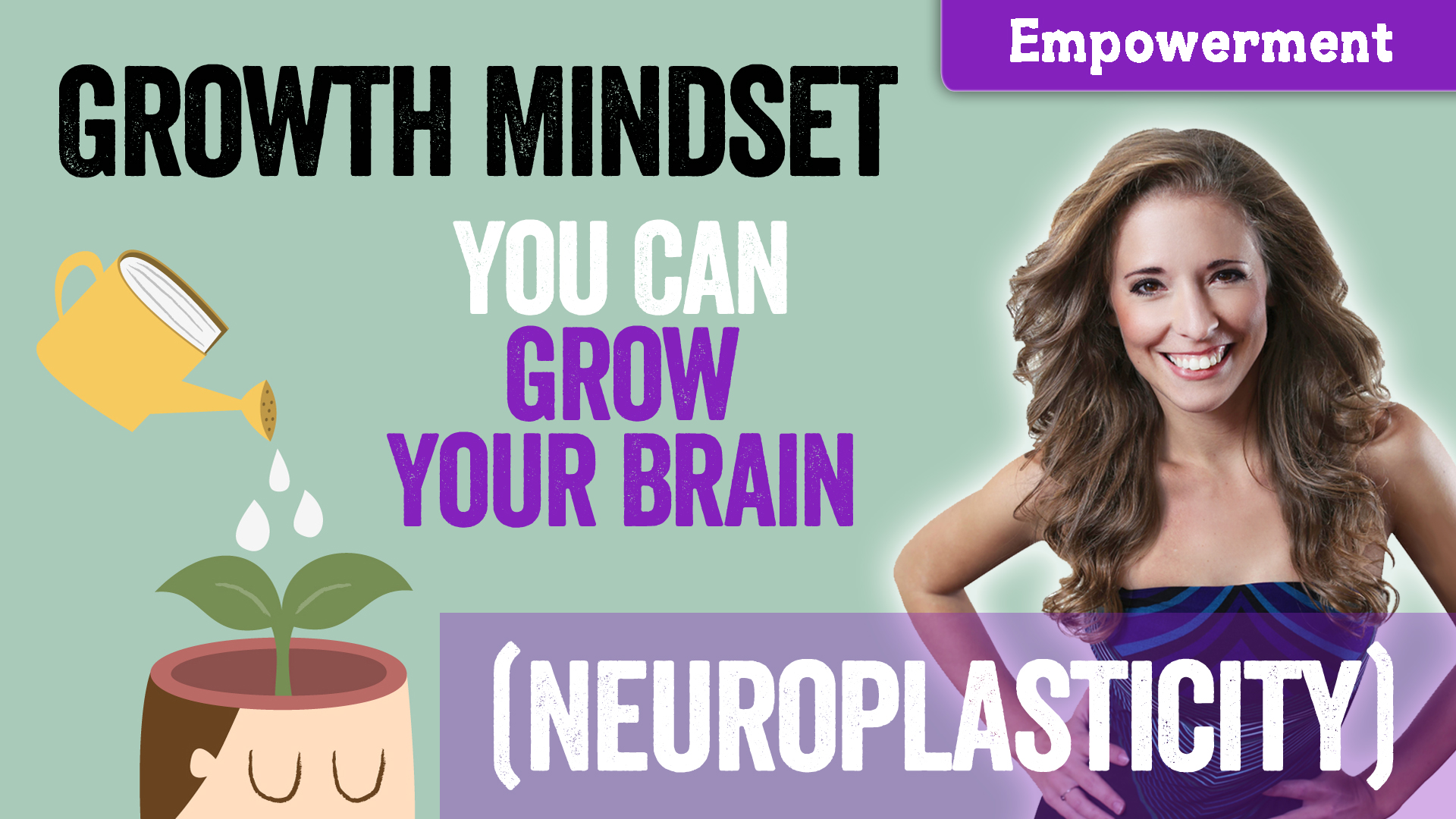 Everyone knows that when you lift weights repeatedly over time, your muscles grow stronger. But did you know your brain works the same way? Thanks to neuroplasticity, you can grow your brain, rewire your thoughts, and shift your mindset—at any age.
Everyone knows that when you lift weights repeatedly over time, your muscles grow stronger. But did you know your brain works the same way? Thanks to neuroplasticity, you can grow your brain, rewire your thoughts, and shift your mindset—at any age.
Understanding Neuroplasticity
Neuroplasticity is your brain’s ability to change its structure and function through experience and repetition. The brain contains billions of nerve cells called neurons. These neurons form networks through connections known as dendrites and axons. Every thought, action, and emotion travels as a signal across these pathways.
You may have heard the phrase, “neurons that fire together, wire together.” This means that each time you repeat a behavior or thought, the connection between neurons strengthens. Over time, your brain forms faster and more efficient pathways—kind of like building mental muscle.
This process is called myelination, where a protective coating forms around your neural pathways, helping signals travel faster and with more ease. That’s how skills become second nature and why habits—good or bad—become automatic.
Why It Matters
The implications of this are powerful. For many years, scientists believed that brain growth stopped in early adulthood. But recent research shows that you can grow your brain well into old age by forming new connections and strengthening existing ones. This means it’s never too late to change.
Repeated actions, thoughts, and learning reshape the brain physically and functionally. In other words, what you practice gets stronger. This understanding is at the heart of developing a growth mindset.
Intelligence is Not Fixed
Many people believe intelligence is a fixed trait. They think you’re either born smart or you’re not. But that’s a myth. No one expects a baby to walk or talk without practice. Intelligence works the same way—it’s grown through exposure and effort.
Yes, people are born with different natural aptitudes. But the biggest predictor of success is not talent—it’s effort. Intelligence, like strength or coordination, increases with intentional practice. You can grow your brain by putting in the work and challenging yourself.
What Strengthens the Brain?
Just like muscles grow with resistance training, the brain strengthens through deliberate effort. The more you challenge yourself mentally, the more your brain changes. Here are examples of how targeted practice affects the brain:
-
Musicians have more brain activity in the areas controlling finger movement.
-
London taxi drivers have a larger hippocampus—the brain area related to navigation.
-
Language learners show increased activity in areas related to comprehension and memory.
But the real transformation doesn’t come from just repeating an action. It comes from purposeful improvement. You need to push the edges of your ability and learn better strategies to get real growth.
Neuroplasticity and Emotional Patterns
It’s not just physical or cognitive skills that shape your brain. Your emotional patterns do too. When you frequently feel stressed, angry, or anxious, you strengthen those neural pathways. The same is true for joy, gratitude, and resilience.
This means you can grow your brain to become calmer, more confident, and more emotionally balanced. By practicing new emotional responses and thought patterns, you retrain your brain to respond in more helpful ways.
Growth Mindset and Brain Training
A growth mindset is the belief that your abilities can be developed through dedication and effort. This belief is deeply tied to neuroplasticity. When you realize your brain is capable of change, you’re more likely to try, fail, learn, and improve.
This cycle of learning and effort is how true growth happens. It’s also how confidence is built. When you take action and prove to yourself that you can learn and improve, your mindset changes—and your brain changes too.
How to Grow Your Brain Intentionally
Here are a few ways to grow your brain and support a growth mindset:
-
Challenge Yourself – Do things that are outside your comfort zone.
-
Practice Deliberately – Focus on improving, not just repeating.
-
Reflect and Adjust – Analyze what worked and what didn’t.
-
Stay Curious – Seek out new knowledge and experiences.
-
Adopt Positive Self-Talk – Remind yourself that effort leads to growth.
By applying these strategies, you’ll rewire your brain to become more capable, resilient, and adaptable.
Final Thoughts
Your brain is an incredible tool—and you can shape it. Whether you’re learning a new skill, developing better habits, or shifting your mindset, neuroplasticity is on your side. You can grow your brain through practice, intentionality, and belief in your own potential.
Remember, a growth mindset is not just about thinking differently—it’s about training your brain to perform differently.
________________________________
Ready to dive deeper into developing TRUE CONFIDENCE and a GROWTH MINDSET? Get Started!
Want to help other people develop confidence and a growth mindset? Become a Confidence Life Coach!
Growth Mindset Series
4-Part Article & Video Series
Click below to view additional blogs in the series. SCROLL RIGHT >>>











